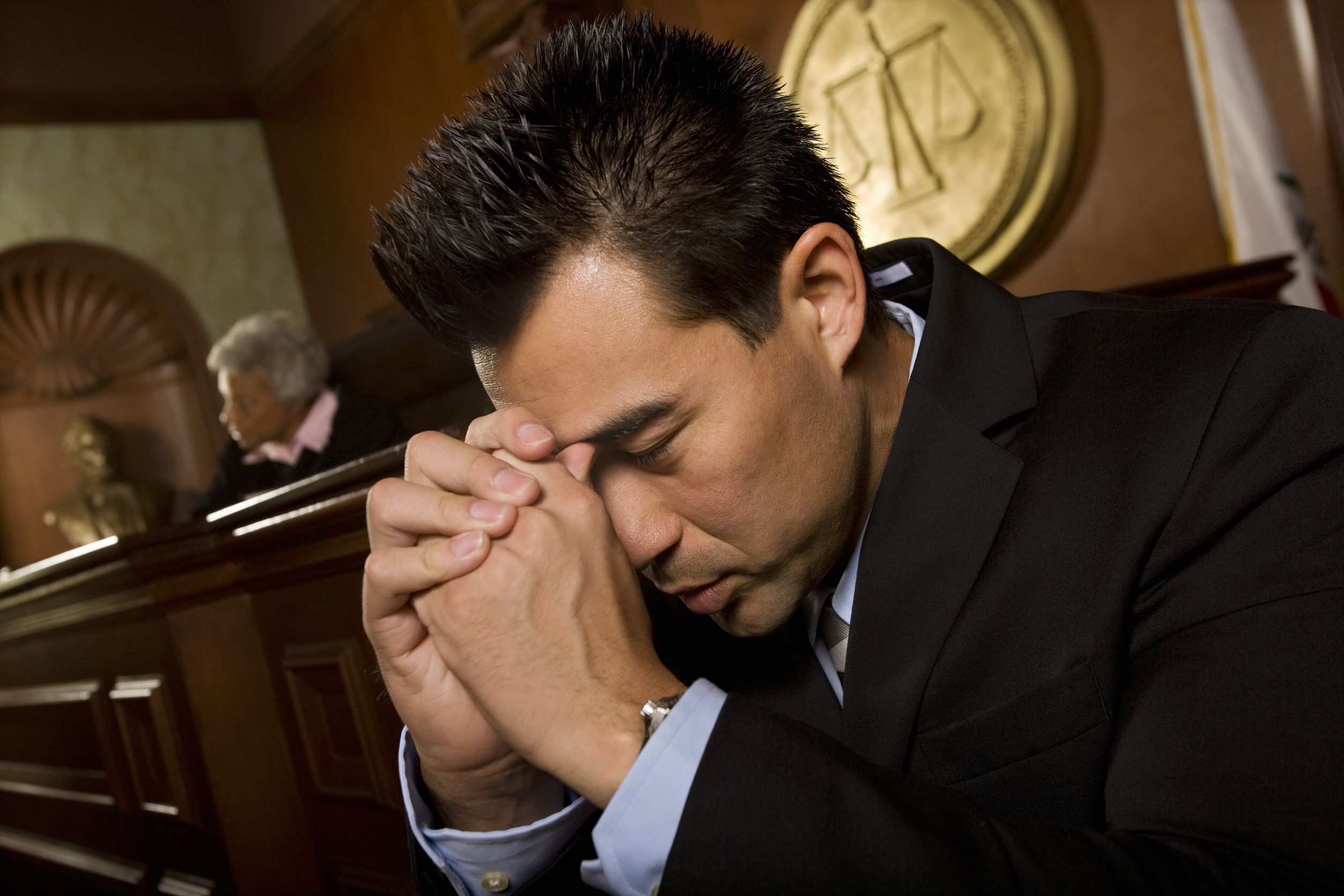Major Terms Commonly Used in Criminal Justice System

Major Terms Commonly Used in Criminal Justice System
Criminal justice system deals with the legal system in criminal conduct, such as laws that define crimes, the defense of crimes, and how law enforcement, courts, and attorneys conduct themselves in the steps of a criminal case. Therefore, you don’t have to be an attorney before understanding the criminal justice system and how it works. It is a basic life skill you need to stay on the good side of the law.
The first step is getting familiar with various commonly used terms in the criminal justice system. Are you facing any criminal charges, or do you want to get more familiar with the criminal justice system? There are many new terms that you will encounter, but below are some of the most commonly used terms in the criminal justice system.
- Abduction: To take someone away from a place without that person’s consent or by fraud.
- Accessory: Someone who intentionally aids another person in committing a crime. An accessory is usually not physically present during the crime.
- Accomplice: Someone who helps someone known as the principal commit a crime. Unlike an accessory, an accomplice is usually present when the crime is committed. Also, an accomplice is guilty of the same offense and usually receives the same sentence as the principal.
- Circumstantial Evidence: Aside from eyewitness testimony, this is evidence used for a case. Examples include physical evidence, such as fingerprints.
- Custody: Having to detain a person legally to ensure his or her appearance at any hearing
- Embezzlement: The fraudulent misappropriation of benefits or property, or money entrusted to a person by another for his own use.
- Exhibit: A document or other item introduced as evidence during a trial or hearing.
- Eye Witness: A person who is present and sees a crime taking place.
- False Arrest: Any unlawful physical restraint of another’s personal liberty, whether or not carried out by a peace officer.
- Felony: A felony is a serious criminal offense, usually punishable by a prison term or, in some cases, by death. Felonies are considered more severe than misdemeanors. Murder, extortion and kidnapping are some examples of felonies. Felonies are classified as 1st-degree, 2nd-degree, 3rd-degree or capital felonies.
- Hearing: This is a legal proceeding held before a judge or administrative body in a court.
- Indictment: A formal written accusation made by a grand jury and filed in court, alleging that a specific person has committed a specific crime.
- Judgment: The official document of a judge’s disposition of a case and sentence of a defendant.
- Mistrial: A trial invalid because of some fundamental errors in procedure, wrongdoing or a hung jury. A judge can set the case for a new trial or retrial at a future date.
- Motion: An application made to a court or judge which requests a ruling or order in favor of the applicant.
- Objection: The process by which one party takes exception to some statement or procedure. An objection is either sustained (allowed) or overruled by the judge.
- Plea: The first pleading by a criminal defendant, the defendant’s declaration in open court that he or she is guilty or not guilty. The defendant’s answer to the charges made in the indictment or information.
- Prison: Prisons are operated by state governments and the Federal Bureau of Prisons and are designed to hold individuals convicted of crimes.
- Settlement: An agreement between the parties disposing of a lawsuit..
- True Copy: An exact copy of a written instrument.
- Victim: Someone who suffers harm or loss, or is killed by another.







